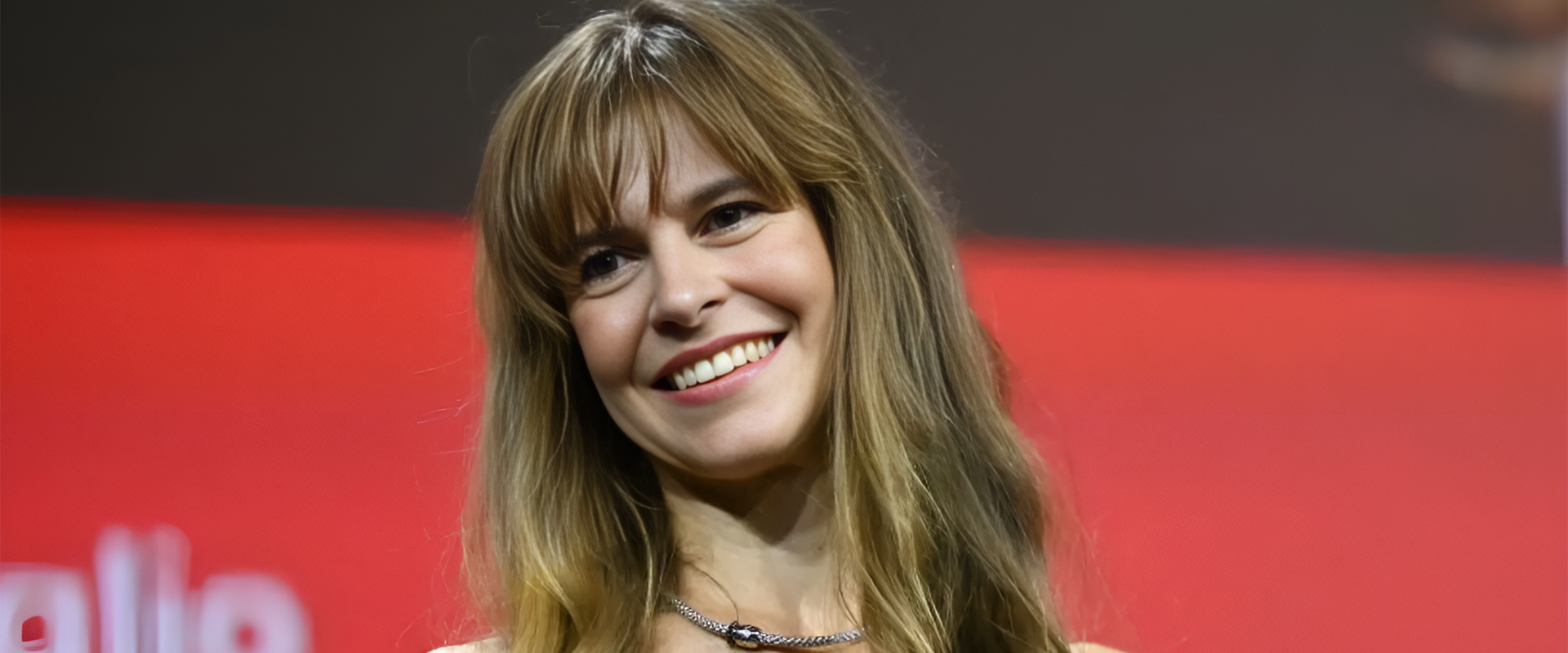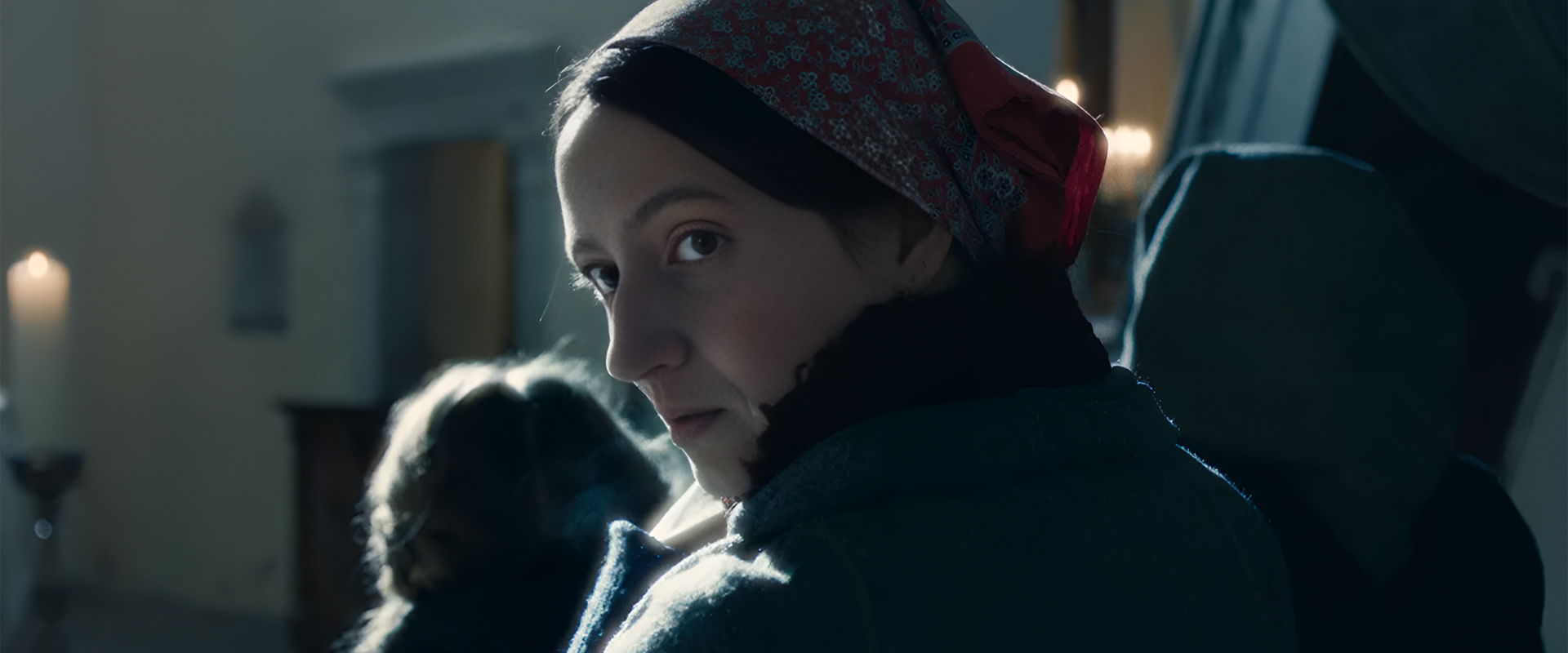“Vermiglio” Selected as Italy’s Oscar Contender for 2025
Maura Delpero’s second feature film, Vermiglio, has been chosen as Italy’s official submission for the 2025 Academy Awards, competing for a spot in the Best International Feature Film category. Following its successful run at the Venice Film Festival, where Delpero received the prestigious Silver Lion, the film has been making waves in the international film circuit. A co-production between Italy, France, and Belgium, Vermiglio is produced by Cinedora, Charades, and Versus Production. The film has received financial support from the Italian Ministry of Culture (DGCA-MiC), with selective contributions for development and production totaling 255,000 euros. An additional 90,000 euros came from the 2022 Italy-France production grant.
The decision to select Vermiglio was made by a selection committee established at ANICA (Italian National Association of Cinematographic, Audiovisual, and Multimedia Industries) in collaboration with the Academy of Motion Picture Arts and Sciences. In explaining their choice, the jury highlighted Vermiglio for “its ability to depict the rural Italy of the past, presenting emotions and themes that are both universal and contemporary.” The film was chosen from a pool of 19 self-nominated titles.
Vermiglio will now compete for a place on the shortlist of 15 international films, which will be announced on December 17, 2024. The final list of nominees is scheduled for release on January 17, 2025, and the Oscars ceremony will take place in Los Angeles on March 2, 2025.
Director’s Note:
“A war story without bombs or great battles. In the iron logic of the mountain that every day reminds man how small he is. Vermiglio is a landscape of the soul, a ‘Family Lexicon’ that lives inside me, on the threshold of the unconscious, an act of love for my father, his family, and their small town. Crossing a personal period, it wants to pay homage to a collective memory.”
Thematic Exploration in Vermiglio
In an interview, Delpero elaborated on the dense atmosphere of Vermiglio, which recreates an almost pre-modern life in the middle of the 20th century. Delpero immersed herself in the location, spending significant time in the house where her grandmother raised her family. This personal connection to the setting allowed the film to develop organically, drawing from the director’s own memories and family history. Delpero also relied on an extensive family photographic archive, which played a crucial role in shaping the film’s visual style.
Tradition vs. Modernity
One of the central themes of Vermiglio is the conflict between tradition and modernity. While village life appears static, it is inevitably tied to larger historical events, particularly the impact of World War II. Delpero’s protagonist, Lucia, serves as a metaphor for the post-war transition in Italy. The film explores the journey from rural to urban life, from communal living to individualism, and from a pre-modern to a modern world. As Lucia grows into her role as a symbol of societal transformation, Vermiglio becomes an exploration of both personal and collective identity.
Delpero cites the influence of great Italian directors who have similarly explored the tension between old and new Italy. For her, Vermiglio represents a narrative that not only looks back at Italy’s past but also speaks to universal themes of change, resilience, and the passage of time.
Share:
Maura Delpero’s second feature film, Vermiglio, has been chosen as Italy’s official submission for the 2025 Academy Awards, competing for a spot in the Best International Feature Film category. Following its successful run at the Venice Film Festival, where Delpero received the prestigious Silver Lion, the film has been making waves in the international film circuit. A co-production between Italy, France, and Belgium, Vermiglio is produced by Cinedora, Charades, and Versus Production. The film has received financial support from the Italian Ministry of Culture (DGCA-MiC), with selective contributions for development and production totaling 255,000 euros. An additional 90,000 euros came from the 2022 Italy-France production grant.
The decision to select Vermiglio was made by a selection committee established at ANICA (Italian National Association of Cinematographic, Audiovisual, and Multimedia Industries) in collaboration with the Academy of Motion Picture Arts and Sciences. In explaining their choice, the jury highlighted Vermiglio for “its ability to depict the rural Italy of the past, presenting emotions and themes that are both universal and contemporary.” The film was chosen from a pool of 19 self-nominated titles.
Vermiglio will now compete for a place on the shortlist of 15 international films, which will be announced on December 17, 2024. The final list of nominees is scheduled for release on January 17, 2025, and the Oscars ceremony will take place in Los Angeles on March 2, 2025.
Director’s Note:
“A war story without bombs or great battles. In the iron logic of the mountain that every day reminds man how small he is. Vermiglio is a landscape of the soul, a ‘Family Lexicon’ that lives inside me, on the threshold of the unconscious, an act of love for my father, his family, and their small town. Crossing a personal period, it wants to pay homage to a collective memory.”
Thematic Exploration in Vermiglio
In an interview, Delpero elaborated on the dense atmosphere of Vermiglio, which recreates an almost pre-modern life in the middle of the 20th century. Delpero immersed herself in the location, spending significant time in the house where her grandmother raised her family. This personal connection to the setting allowed the film to develop organically, drawing from the director’s own memories and family history. Delpero also relied on an extensive family photographic archive, which played a crucial role in shaping the film’s visual style.
Tradition vs. Modernity
One of the central themes of Vermiglio is the conflict between tradition and modernity. While village life appears static, it is inevitably tied to larger historical events, particularly the impact of World War II. Delpero’s protagonist, Lucia, serves as a metaphor for the post-war transition in Italy. The film explores the journey from rural to urban life, from communal living to individualism, and from a pre-modern to a modern world. As Lucia grows into her role as a symbol of societal transformation, Vermiglio becomes an exploration of both personal and collective identity.
Delpero cites the influence of great Italian directors who have similarly explored the tension between old and new Italy. For her, Vermiglio represents a narrative that not only looks back at Italy’s past but also speaks to universal themes of change, resilience, and the passage of time.










